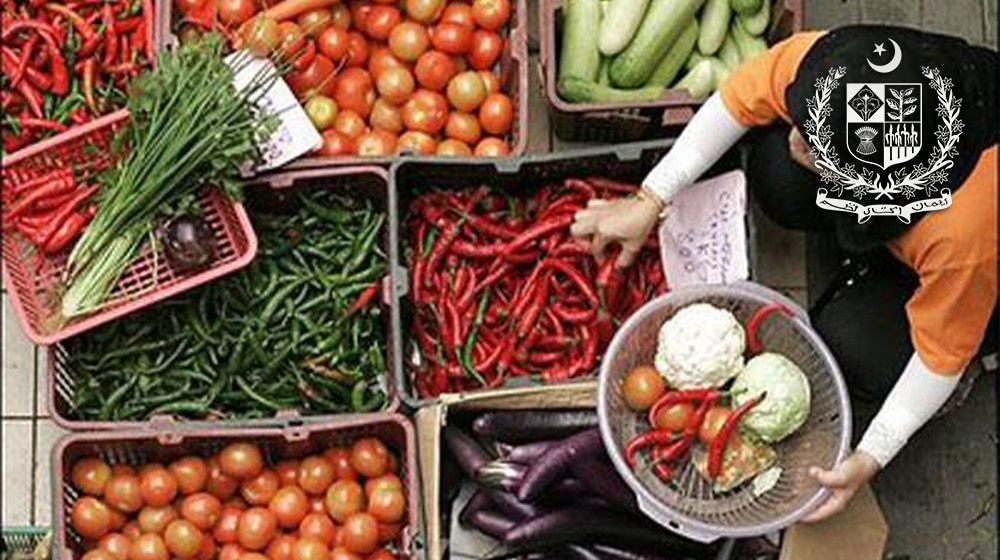Prices of essential commodities i.e., vegetables and pulses have nearly doubled after wheat and flour touched their historical highs last week.
Vegetables like karela and bhindi have gone up from Rs. 80-100 per kg and Rs. 150-200 per kg to Rs. 200 per kg and Rs. 300 per kg respectively. Tomatoes and Onion have gone up Rs. 20 per kg while potatoes are also being sold at Rs. 90-100 per kg despite the bumper production of some of these commodities.
Potato prices wholesale have gone up from Rs. 1800-2000 per 40 kg to Rs. 2200-2400 per 40 kg.
The reason it’s strange to have a price hike this steep during this time of year is that there is no extra high demand as happens during Ramadan or some other festive occasion. It’s the middle of a hot summer when every vegetable usually hit its lows as they give higher production and rot quickly due to increased temperatures.
“Wheat and Fertilizers are not alone being smuggled. Vegetables are also exported under the radar to Afghanistan whenever smugglers get their chance and that’s also contributed to the rise in prices,” commented a market consultant while talking to ProPakistani. He also added that due to last year’s floods, people have paid a little less focus to vegetable cultivation.
Pakistan’s vegetable exports have increased to 1.276 million tons for $283 million in between July-May 2023 as compared to 874,231 tons for $291 million in the same period last fiscal year. Potato Production has risen by 4.8 percent to 8.31 million tons while Onion production dropped by 18 percent to 1.68 million tons.
What’s more interesting is the case of pulses. When the IMF deal was announced post-Eid, the pulses market experienced a steep fall of Rs. 10-25 per kg along with Cotton and Edible oil since all of these are imported items, but this fall in prices is not being reflected in retail where shoppers are still charging the same higher prices.
For example, daal mash, masoor, and moong have fallen to Rs. 425, per kg Rs. 195 per kg, and Rs. 225 per kg respectively. But daal mash is being sold at Rs. 520 per kg, while moong and masoor are still priced at Rs. 280 per kg in retail.
Karachi Wholesalers Grocers Association (KWGA) President Rauf Ibrahim said that traders imported these pulses in bulk when the State Bank of Pakistan eased the LCs restrictions and that is the reason behind the fall in prices in wholesale.
The country’s pulses import increased to 1.252 million tons for $887 million in between July-May 2023 compared to 0.84 million tons totaling $568 million in the same period of last fiscal year.
The incumbent government has gathered a lot of claps in the last few days with the dollars flowing in from IMF, Saudi Arabia, and UAE and Pakistan Stock Exchange touching its 52-week high on ‘positive sentiments’ but when all will be said and done, the ground realities for the average consumer still looks bleak.






















